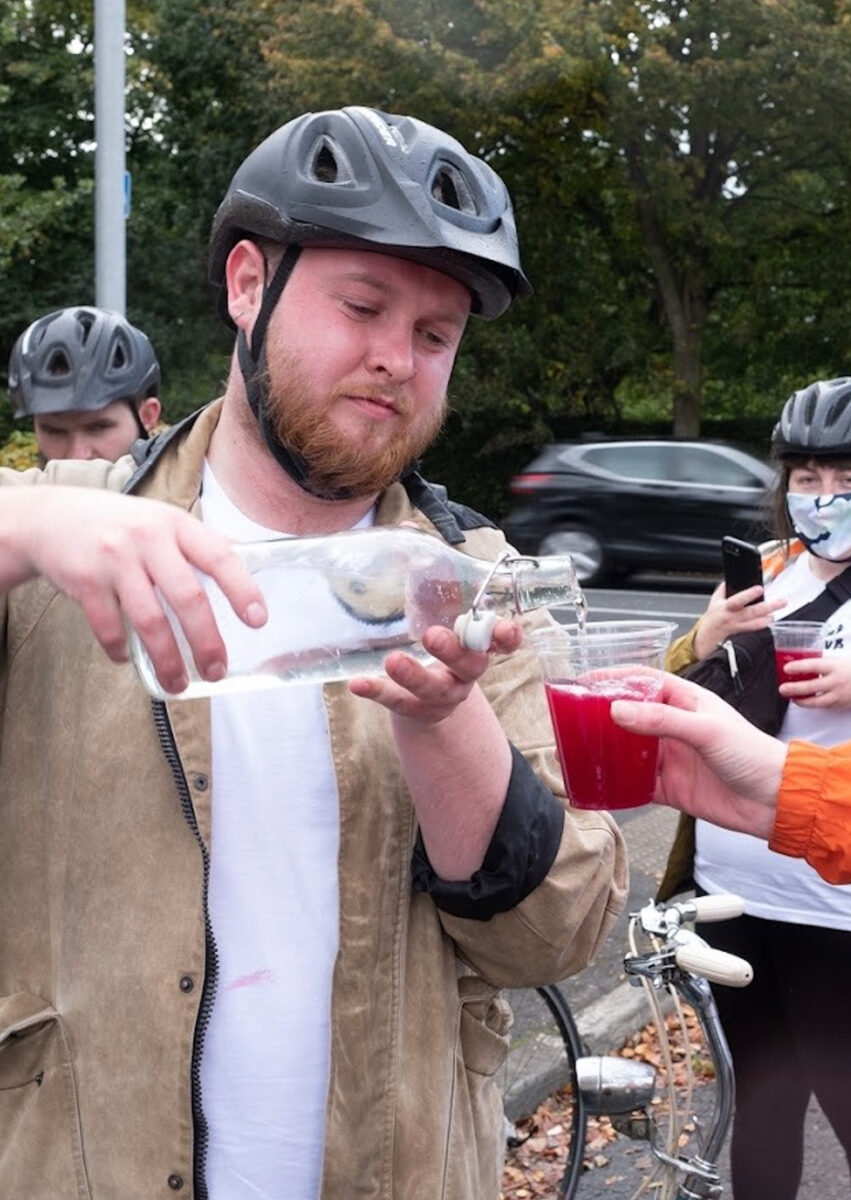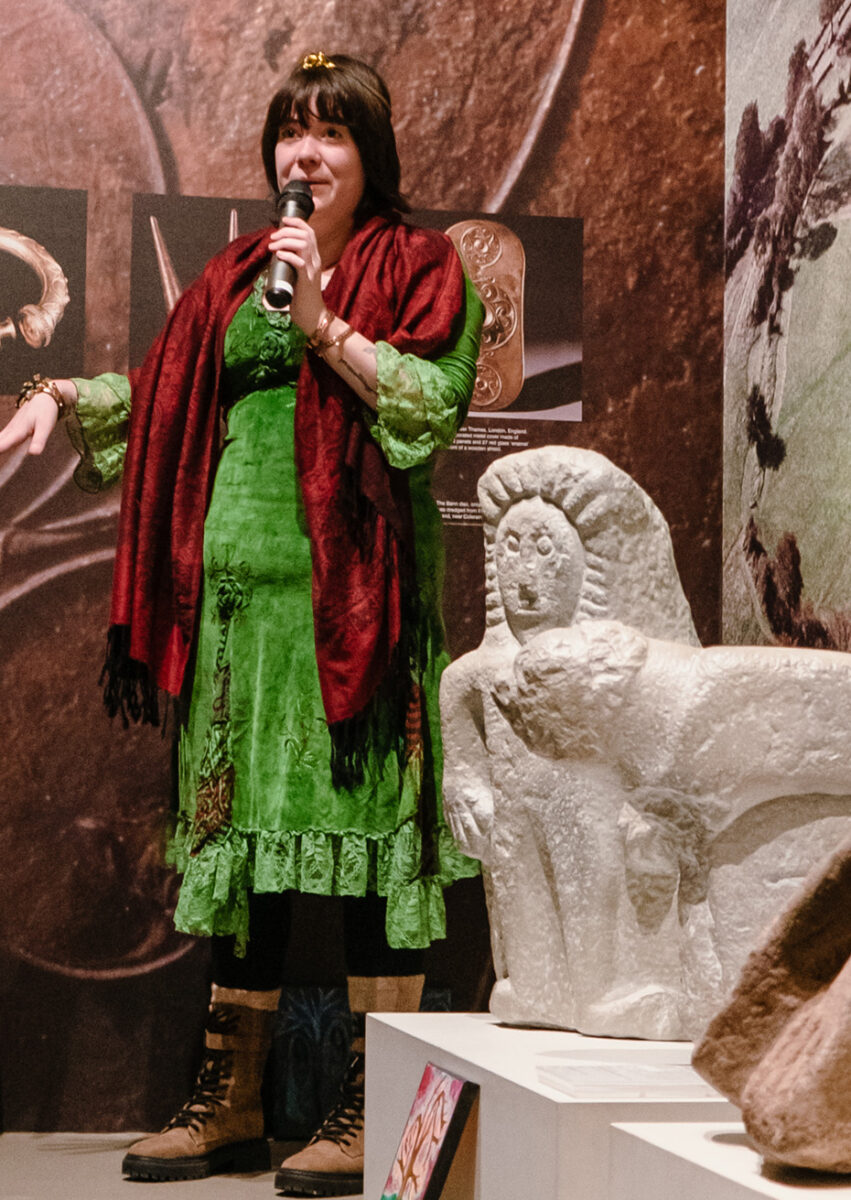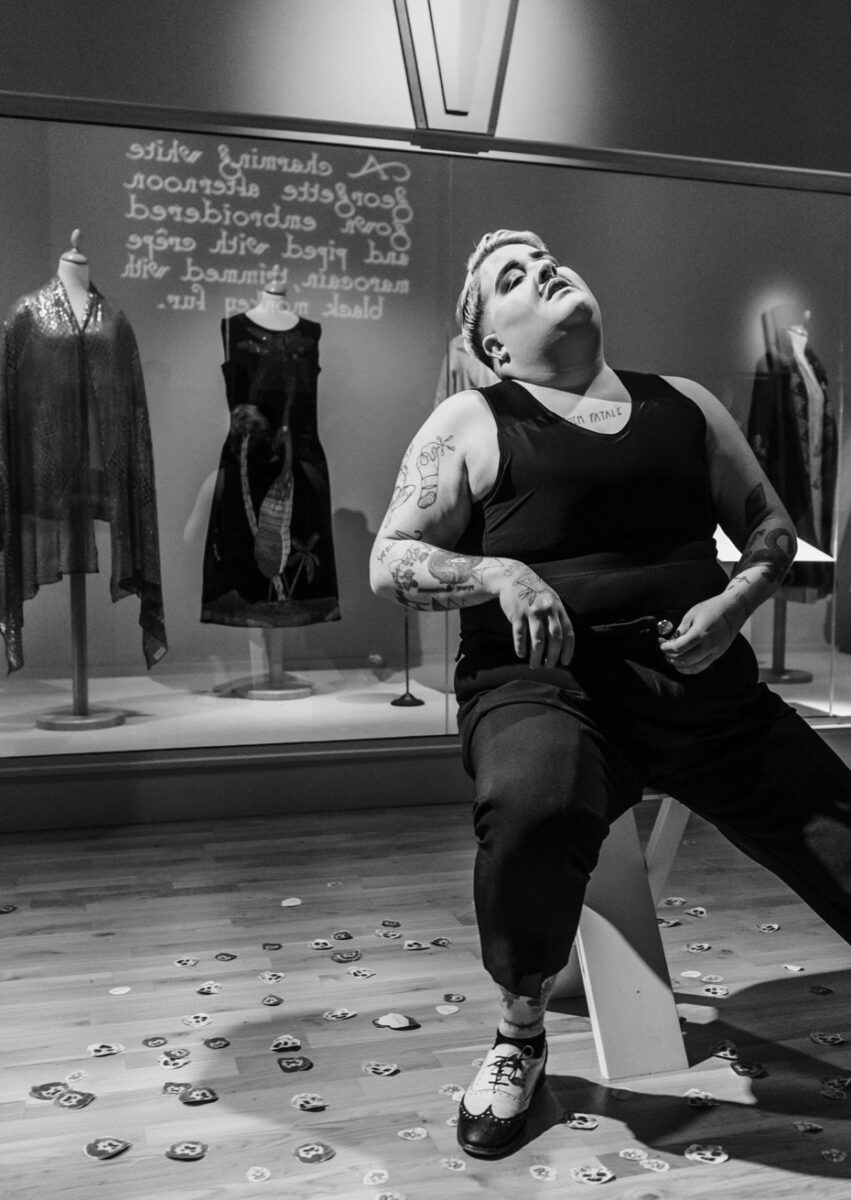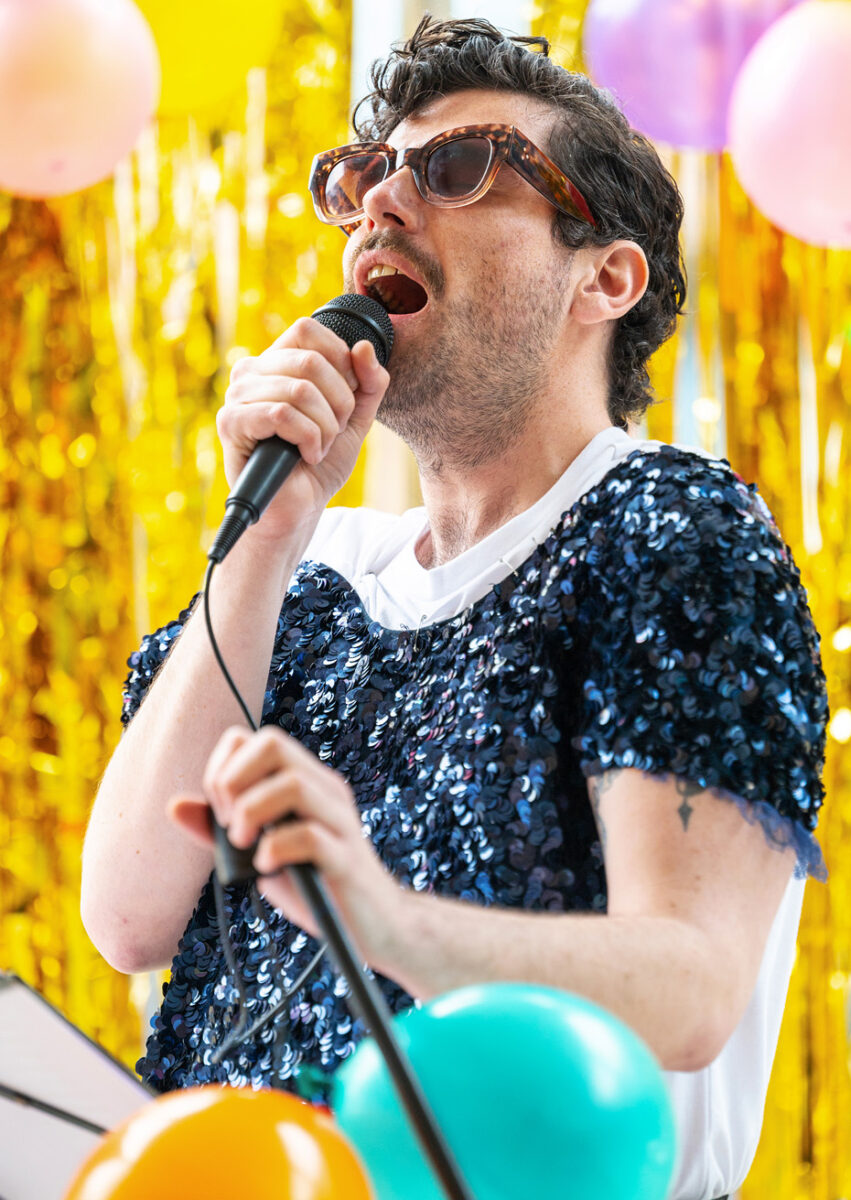Feeling animalistic. Feeling Hyena. Feeling Wolf. Feeling Dog. I am tongue and heart.
David Wojnarowicz, Artist & Activist
Outburst has been a safe space for dangerous ideas in queer performance for almost 16 years. We love the vital energy of queer performance makers who take brilliant risks in their work and we are committed supporting more opportunities for them to step into their radical potential. So we’re beyond excited to produce TONGUE + HEART, a new Outburst queer performance development programme supported by Jerwood Arts, who are huge supporters of artistic freedom of expression and seeply committed to improving conditions and opportunities for artists.
“We’re truly thrilled to be supporting Outburst Arts to run this carefully crafted, artist-centred programme that will bring new work by Northern Ireland most exciting performance makers to national and international attention.” Jerwood Arts, August 2022
With Outburst’s forthcoming new strategy (2023-2026) centring the development of queer artists and new queer works, Tongue + Heart: The Outburst / Jerwood Arts Artist Development Programme is delighted to support four of the most exciting NI based artists who are exploring and expanding queer ideas and queer forms in their practice. The artists, who were chosen through an open call process, will co-design the programme that will include mentoring, professional development and a new commission to be showcased at Outburst Queer Arts Festival, November 2023, along with ongoing support around expanding opportunities at home and beyond.
ARTISTS




Phillip McCrilly has spent several years working on solo projects and productions, often involving the transgressive and interdisciplinary possibilities of food, hospitality and education. He is now interested in ideas around outsourcing and involving others in the realisation of performed works, an area he will expand on through this programme
Maoilíosa Scott is a performance poet who works primarily in the Irish language. Their work explores working class rural experience through a feminist and queer lens. They have recently been exploring ideas around scripted theatre forms, currently exploring queer ideas around the Cailleach (the Irish divine hag/ witch) amongst other themes including folklore, magic, time, physics, language and tradition.
TJ Tytler (aka Carl Hartt) is a performer who mixes the mediums of drag and boylesque to explore social issues close to their heart, including class, gender and sexuality. They will be exploring collaborative performance ideas and what it is to be a queer performer working in alternative spaces, working overall towards “Making Drag Queer Again”.
Thomas Wells often situates his work in the intimacy of domestic spaces, using layered imagery to elicit feelings of nostalgia. Much like the early 00’s trend of the deconstructed dessert, his aims in this programme to focus on specific elements of the dinner party, layering images, sounds, text and action into a trifle like performance to facilitate a happening. His work through for Tongue + Heart will pull on all strands of his practice to create a new performance work exploring themes of queer identity and heritage in Belfast.

